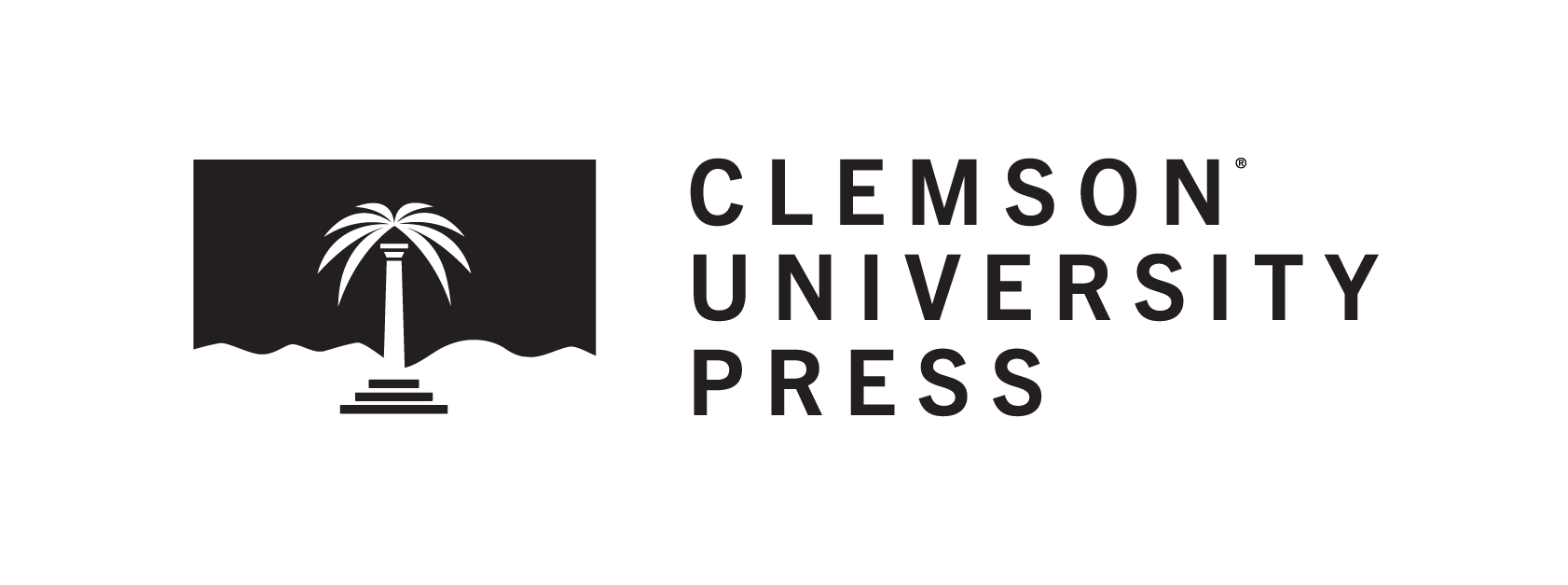Policies
Contents
- Duplicate Publication Policy
- Reproducing Copyright-Protected Material
- Diamond Open Access
- Submission Eligibility
- JOE’s Scope
- Institutional Archiving
- Copyright and Creative Commons Licensing
- Rolling Submission and Publication
- Print Edition
Duplicate Publication Policy
In general, authors must not submit to the Journal of Extension (JOE) manuscripts describing their data or other original material if such content has been published elsewhere, offered for sale, broadly distributed, or if the author(s) have designated the copyright of the material to another publisher or institution. The Publication Manual of the American Psychological Association explains that duplicate publication "distorts the knowledge base by making it appear there is more information available than actually exists" and "can give the erroneous impression that findings are more replicable than is the case or that particular conclusions are more strongly supported than is warranted by the cumulative evidence."
JOE may accept a manuscript about research that was the topic of a previously published work if the focus of the manuscript differs substantially from that of the other work. In addition, JOE may accept a manuscript about research that was the topic of a previously published work if the manuscript represents a subsequent reanalysis of data as a result of new theories, methodologies, or other innovations. If a submission contains duplicate research, the author should inform JOE at the time of submission and include an appropriate reference to the existing publication.
Extension professionals and other outreach educators are in the business of conveying research-based findings to various stakeholder groups and helping those groups take applicable action. If an Extension educator has submitted a manuscript that provides new information related to helping growers battle a crop disease, for example, it is in no one’s best interest to keep that information under wraps while the submission moves through JOE’s review and publication process. Consequently, in their efforts to disseminate important information to other professionals and clients, prospective authors may share their findings as needed with various groups and in various formats as long as they do not publish or broadly distribute them.
Reproducing Copyright-Protected Material
Authors are responsible for securing permissions to reproduce or adapt copyright-protected material. They must submit the appropriate documentation at the time of submission and acknowledge at the appropriate place in the manuscript that such permission was obtained. An author submitting a manuscript that includes a photograph showing a person must submit a photo release signed by that person.
Diamond Open Access
JOE is supported by the U.S. land-grant university system. Because the primary contributors to, and readers of, JOE are land-grant university employees, JOE does not assess article-processing or user access fees of any kind. All articles published in JOE are freely available in digital format. Users are permitted to read, download, copy, distribute, print, search, or link to the full texts of the articles without asking prior permission from the publisher or the author. These policies align with the BOAI definition of open access.
Submission Eligibility
Outreach and adult-education professionals who do not hold formal Extension appointments may well have insights, information, and research results to share that would be of significant interest to JOE readers. However, articles submitted to JOE should display an understanding of Extension and discuss the topic within the context of Extension or with reference to Extension.
JOE's Scope
JOE is the official refereed journal for U.S. Extension professionals: the journal's audience is U.S. Extension professionals and other outreach scholars. Articles published in JOE are focused on best practices for disseminating university-based research findings to the public and identify clear implications for U.S. Extension.
However, JOE does publish articles about research and projects that are conducted in, or based on the contexts of, locations outside of the United States and its territories if the applicable research or project has implications for U.S. Extension and those implications are clear.
Institutional Archiving
To support JOE authors in their commitment to share intellectual and creative work with peers, the Extension Journal, Inc. Board of directors endorses institutional archiving of JOE articles, with a strong preference for archiving the final, published version of the article. Citation to the original publication, including the article DOI (when available), should be included as part of the archive.
Copyright and Creative Commons Licensing
All JOE articles published prior to 2021 remain the copyright of Extension Journal, Inc. For permission to use JOE content published prior to 2021, please contact .
For all JOE articles published as of January 1, 2021, authors retain the copyright for their work without restrictions. These articles are published using a Creative Commons Attribution, Non-Commercial, Share Alike license (CC BY-NC-SA). This license allows others to share freely, translate, remix, adapt, and build upon materials published in JOE on a non-commercial basis provided that credit is given to the article's author and to JOE and that any derivative works are licensed under identical terms. Authors whose work is accepted for publication in JOE are required to grant permission to Clemson University Press and to EJI to publish the article under the aforementioned license terms.
Rolling Submission and Publication
JOE has no submission deadlines. The only rule of thumb is that the sooner a manuscript is submitted, the sooner it will go through the review, revision, and production process, which includes copyediting, typesetting, and proofreading.
Each article will be published online in the current issue as it is finalized in order to reduce turnaround times between submission and publication.
Print Edition
JOE is primarily an online, open-access journal. While print copies for issues published from 2021 onward will be available for purchase, authors will not automatically receive a print copy of the issue in which their article appears. Authors and readers can print articles and entire issues from the online edition.


